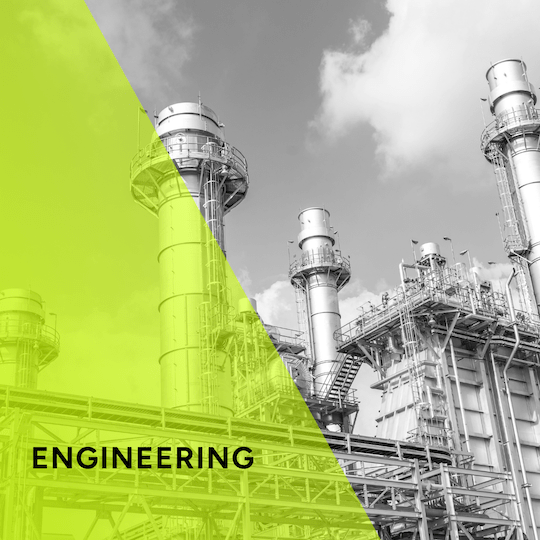Formula 1 is a world where milliseconds make the difference between victory and defeat. While the spotlight is often on the drivers, the unsung heroes behind every race are the engineers working tirelessly to ensure the car operates at peak performance. The psychological toll of this high-pressure environment is immense, demanding mental resilience, endurance and an unwavering passion for excellence.
The Reality of Long Hours
Work/Life balance, what even is that? From the factory to the paddock, engineers work gruelling hours often exceeding 80-hour weeks, especially during race weekends. The pre-season is particularly intense, with engineers pushing to perfect aerodynamic designs, analyse tire degradation and optimize race strategies. Sleep deprivation is common and balancing personal life with professional demands becomes nearly impossible. The mind is constantly engaged, switching between problem-solving, analytics and rapid decision-making under extreme time constraints.
Performing Under Immense Pressure
Every decision an engineer makes carries weight. The margin for error is razor-thin and a miscalculation in setup, strategy, or mechanical reliability could mean losing crucial championship points or even endangering a driver. The pressure intensifies on race day – engineers must make instant adjustments based on real-time telemetry data while keeping composure under constant scrutiny. Psychological resilience is key, as engineers must remain laser-focused amidst the chaos of pit stops, unexpected failures and unpredictable race conditions.
The Emotional Rollercoaster
Motorsport is unforgiving. Engineers spend months perfecting a car, only for a crash, mechanical failure, or unexpected weather conditions to render their work obsolete in an instant. The emotional highs and lows are extreme – celebrating a race victory one week and dealing with technical setbacks the next. Engineers must learn to detach emotionally from failures, shifting their mindset toward continuous improvement rather than dwelling on disappointments.
The Competitive Drive
Working in F1 requires an obsession with innovation. Engineers thrive on competition, not only against rival teams but also within their own departments. The demand for perfection pushes engineers beyond their limits, and many struggle with imposter syndrome – questioning whether they can keep up with the relentless pace. Yet, this competitive energy fuels creativity and drives technological advancements that shape the future of motorsport.
Coping Mechanisms and Mental Resilience
To survive in such an intense environment, engineers develop coping mechanisms. Some rely on meticulous organization and preparation to minimize stress, while others turn to adrenaline-fueled passions outside of work, like cycling or extreme sports, to clear their minds. Mental fortitude is essential embracing the pressure rather than being consumed by it. Many engineers find comfort in the camaraderie of their teams, where shared struggles create an unbreakable bond.
Conclusion
Being an F1 engineer is not just a profession – it’s a relentless pursuit of perfection in one of the most demanding environments in sports. The pressure, long hours, and constant evolution test psychological endurance like few other careers. However, for those who thrive on adrenaline, problem-solving and the thrill of motorsport, the challenges are just part of the ride.







